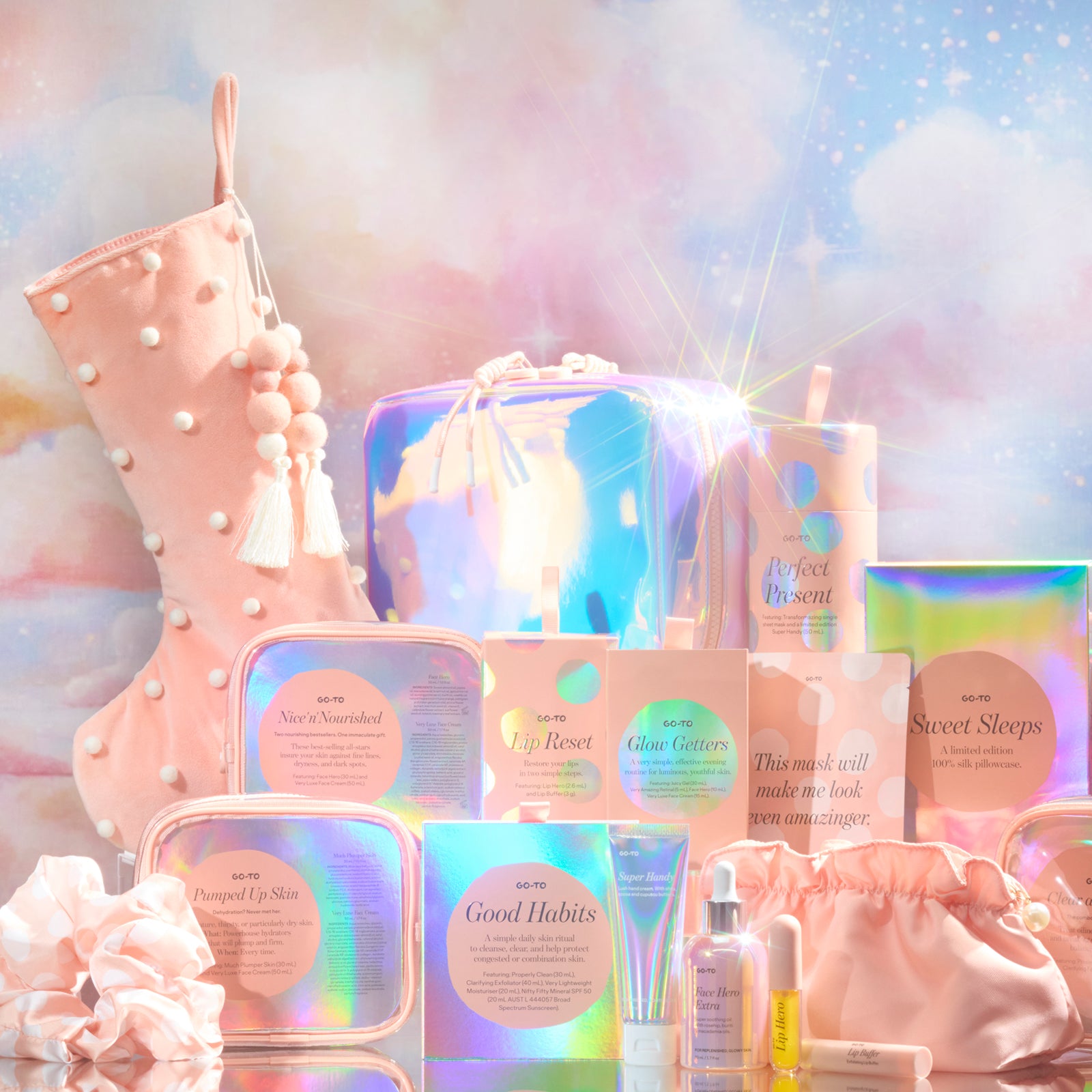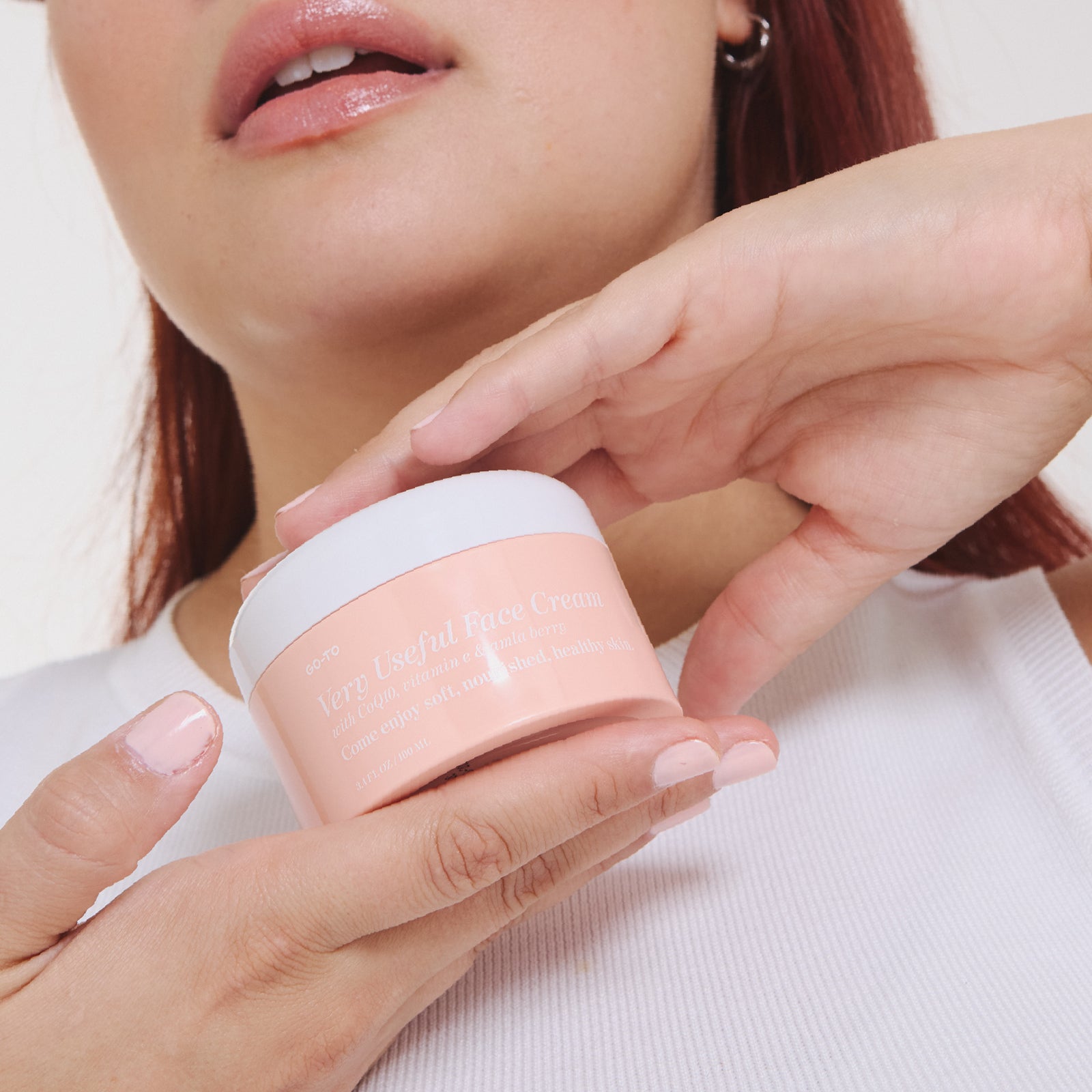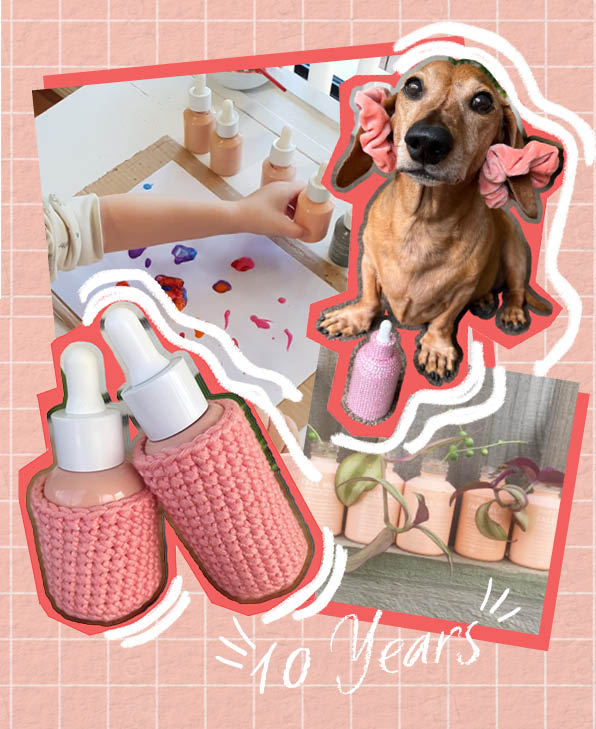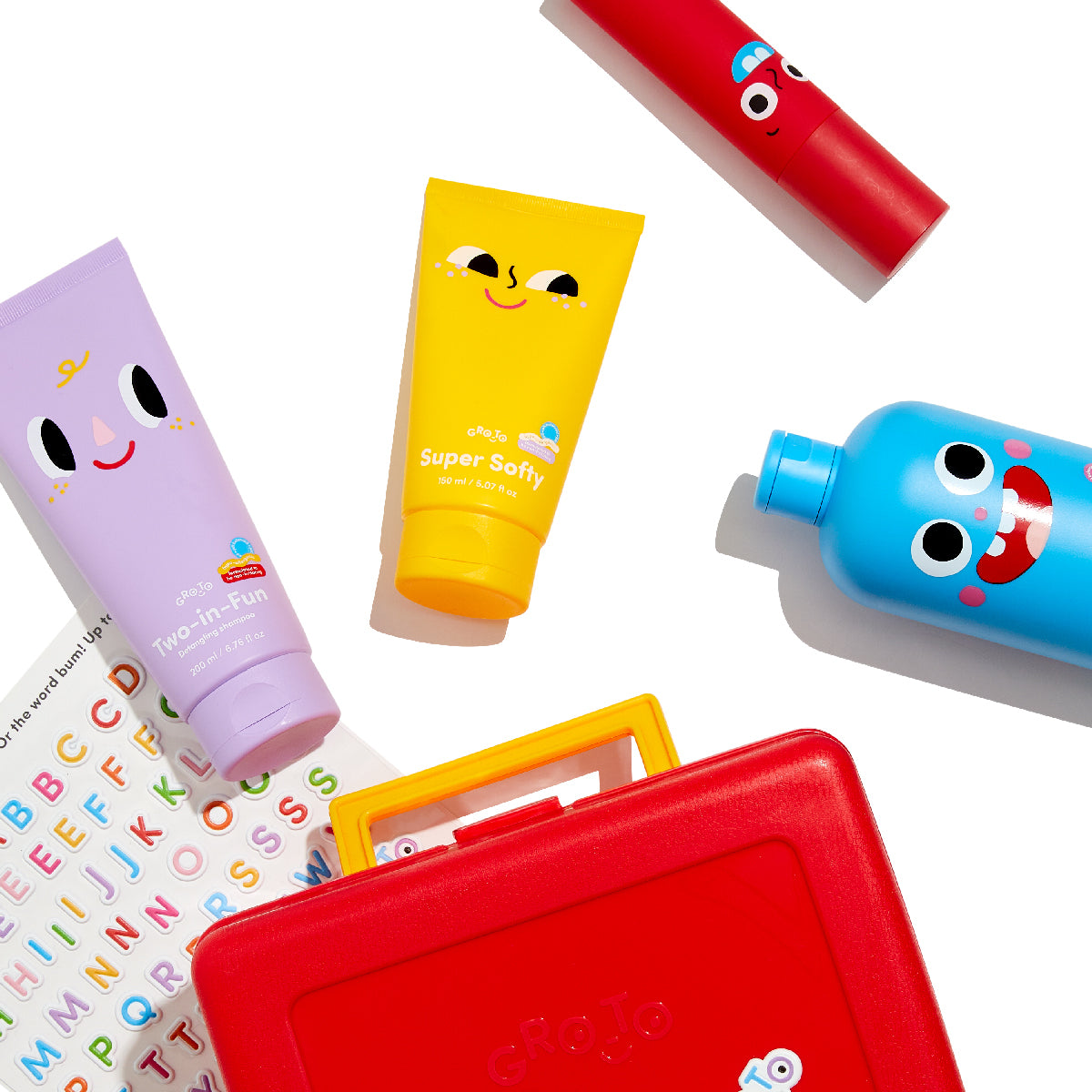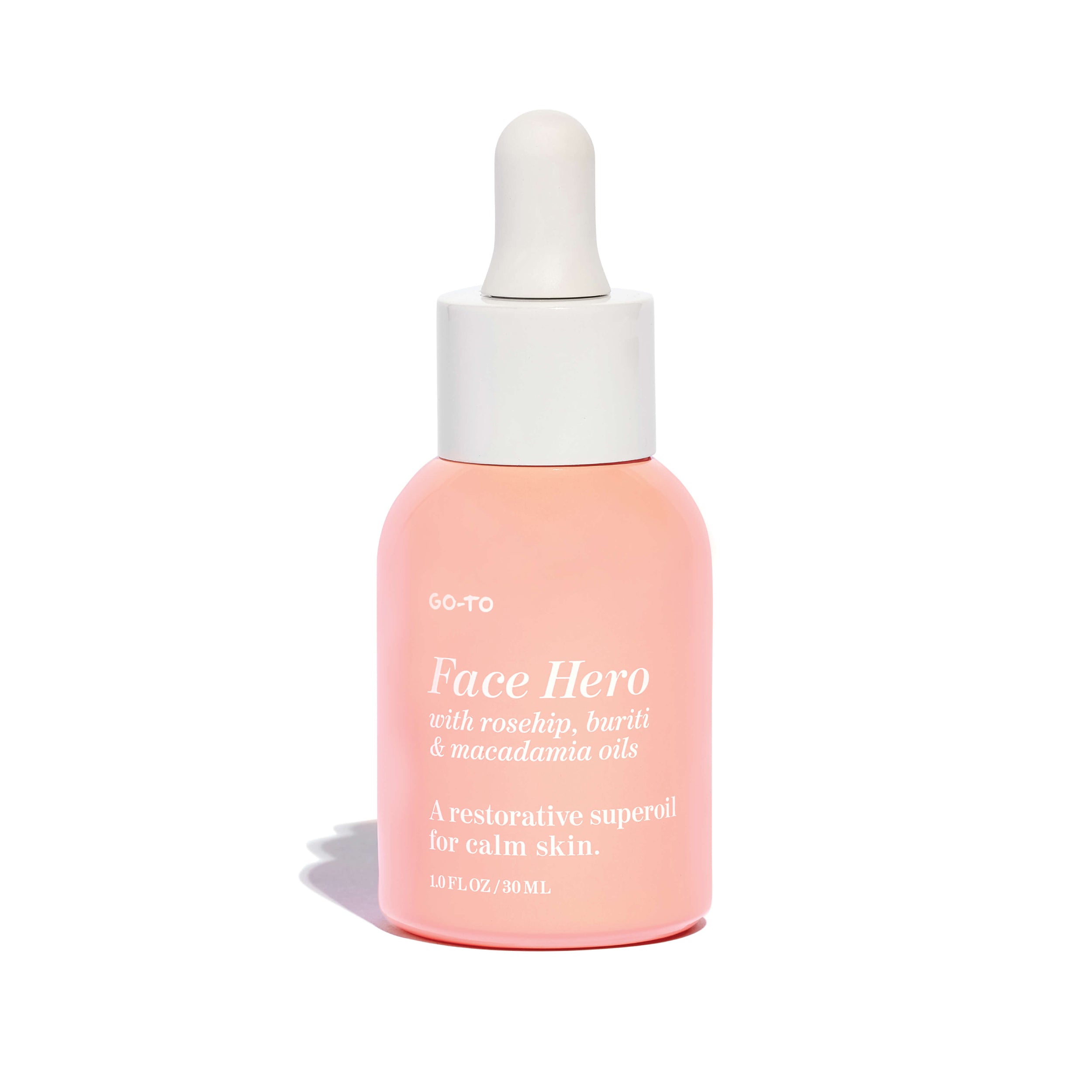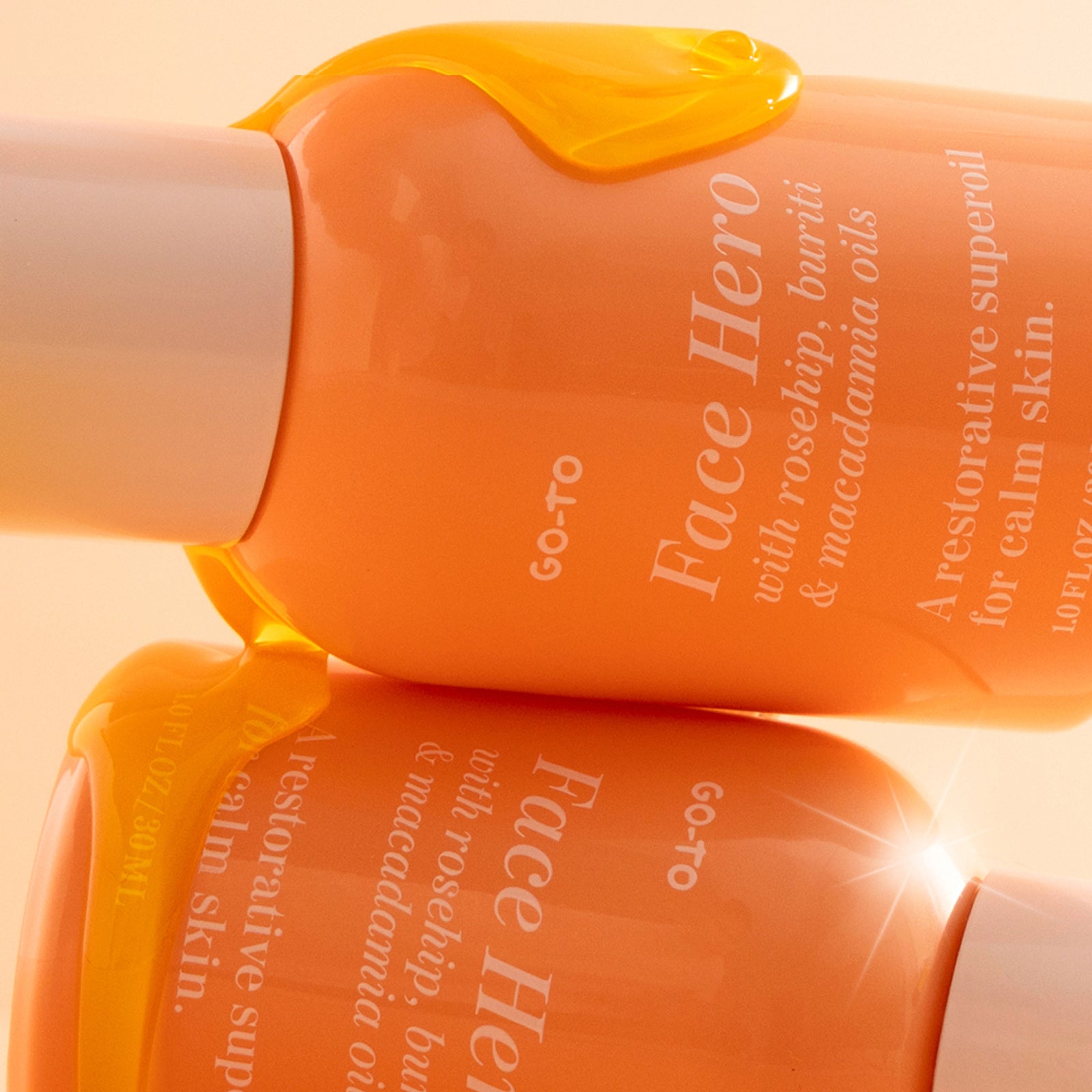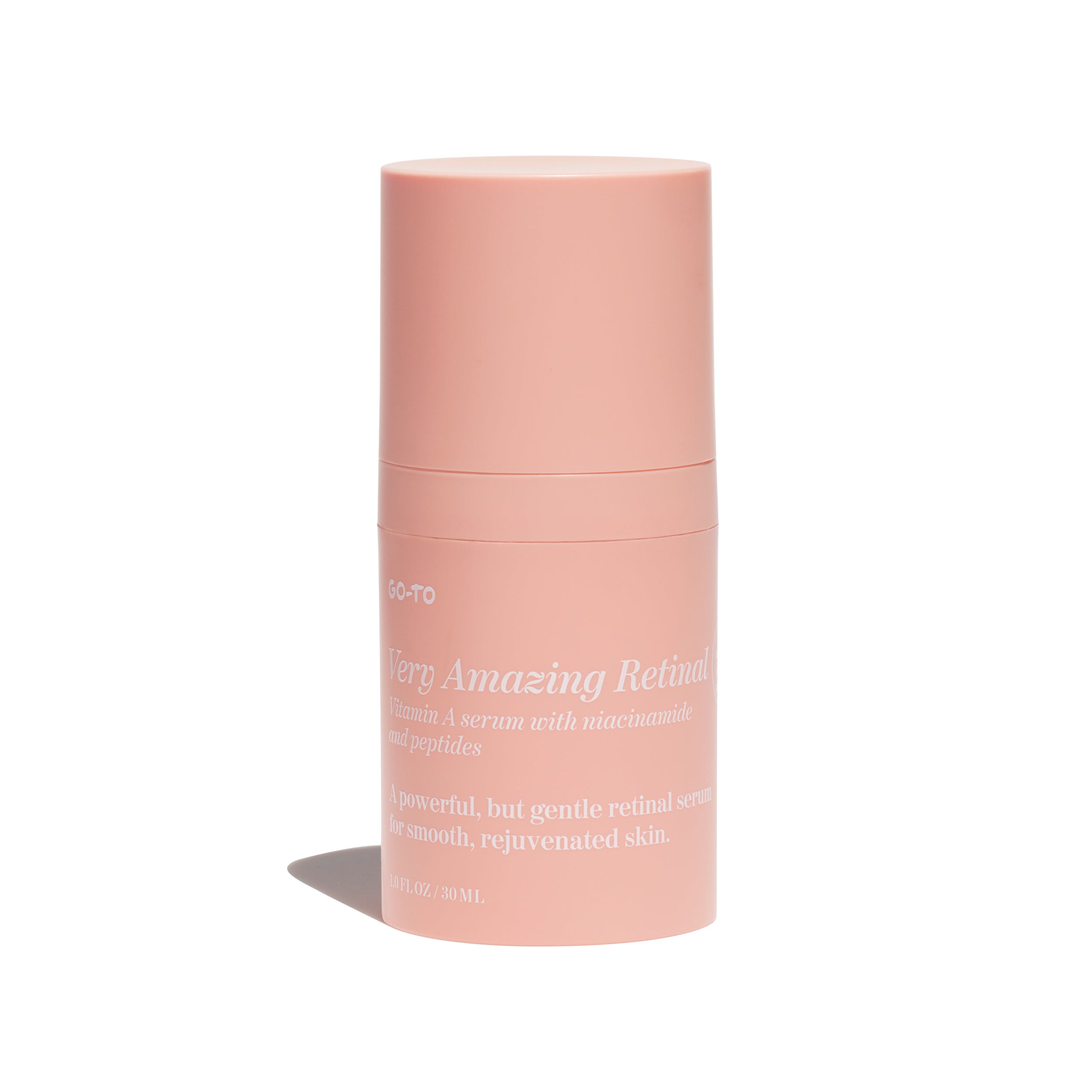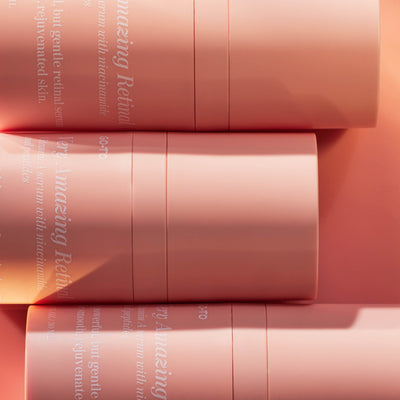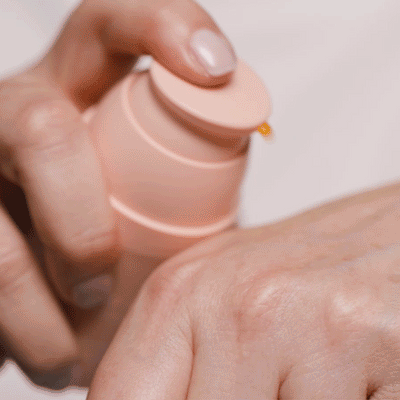We can exclude ingredients that have been shown to be potentially harmful to the body, because to be frank, it's easy to find alternatives that are shown to be less likely to piss off someone's skin. It costs us nothing in terms of sensory, and means more people (sensitive, highly-reactive, compromised skin) might be able to use our products, so it's an easy choice.
There aren't currently enough long term studies about cosmetics with GMOs to know how skin will react, and if there's any doubt, we don't use them. Simple as that.
Here's what we leave out and why:
Silicones are slippery, synthetic polymers that make cosmetics feel and look nice on the skin. They're useful in primers and foundations because they give a silky, smooth finish to the skin and fill in lines. But, they can create a film on the skin that can clog pores and cause dehydration, so we don't use them.
Parabens are a group of chemicals used as preservatives in food, cosmetics and therapeutic products to keep them fresh and bacteria-free. The sensitive, easily-irritated and allergy-prone may react to parabens, and Go-To products are formulated to be sensitive-skin friendly, so we keep 'em out.
These are cleansing agents that get rid of dirt and oil and make things foamy. Sulfates are potentially irritating to those with sensitive skin and eyes, which is why you won't find them in any Go-To products.
Petroleum derivatives coat the skin, but do nothing to nourish it, so in their place we opt for plant-based occlusives whichareable to replenish and nourish the skin.
Synthetic colours make products look nice. They can occasionally cause irritation on reactive skin types, and since they are purely aesthetic and have zero skin care benefit, we don't use them.
These are genetically modified organisms. The World Health Organisation describes GMOs as “organisms in which the genetic material (DNA) has been altered in such a way that does not occur naturally".
There aren't currently enough long term studies about cosmetics with GMOs to know how skin will react, and if there's any doubt, we don't use them. Simple as that.
